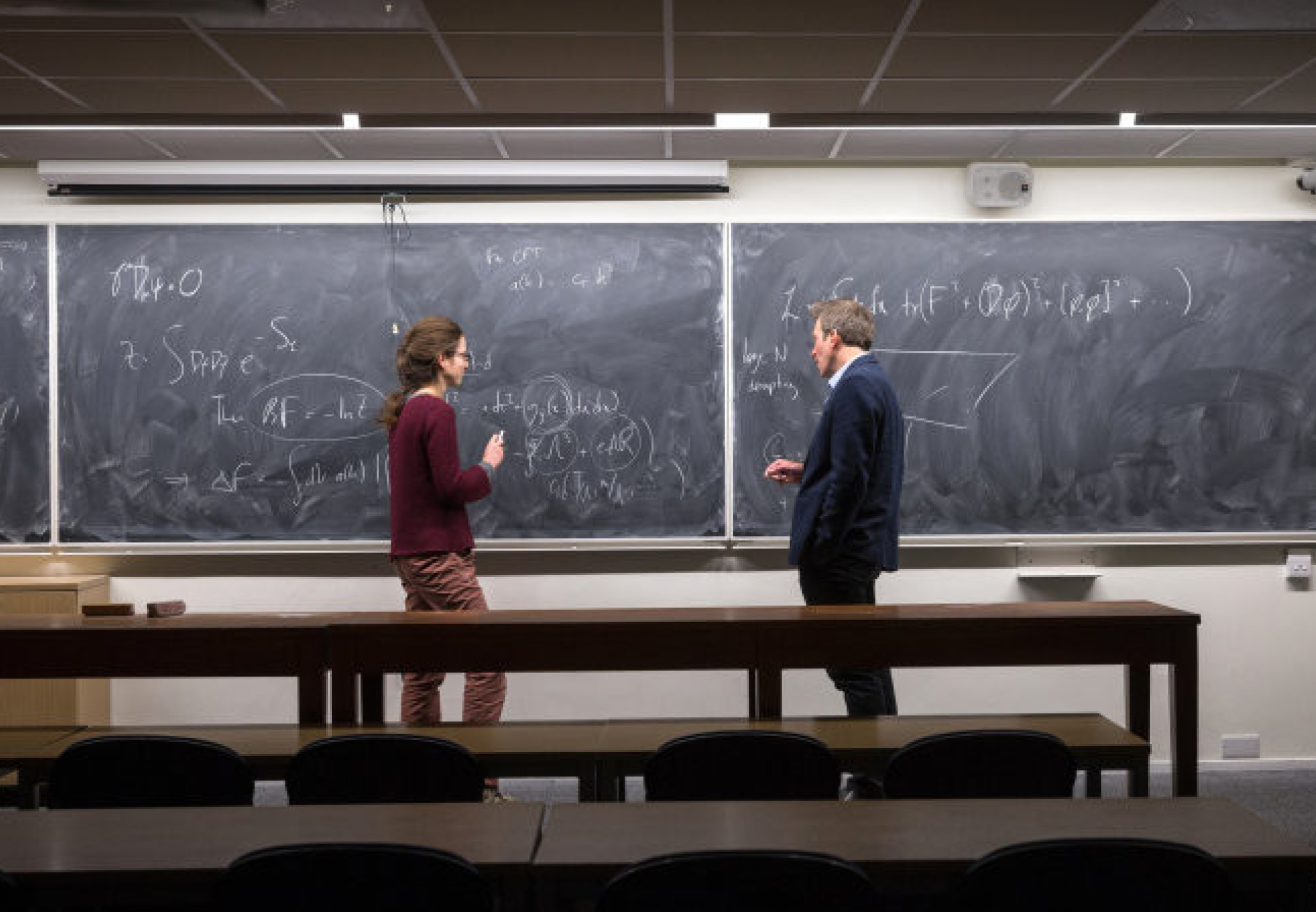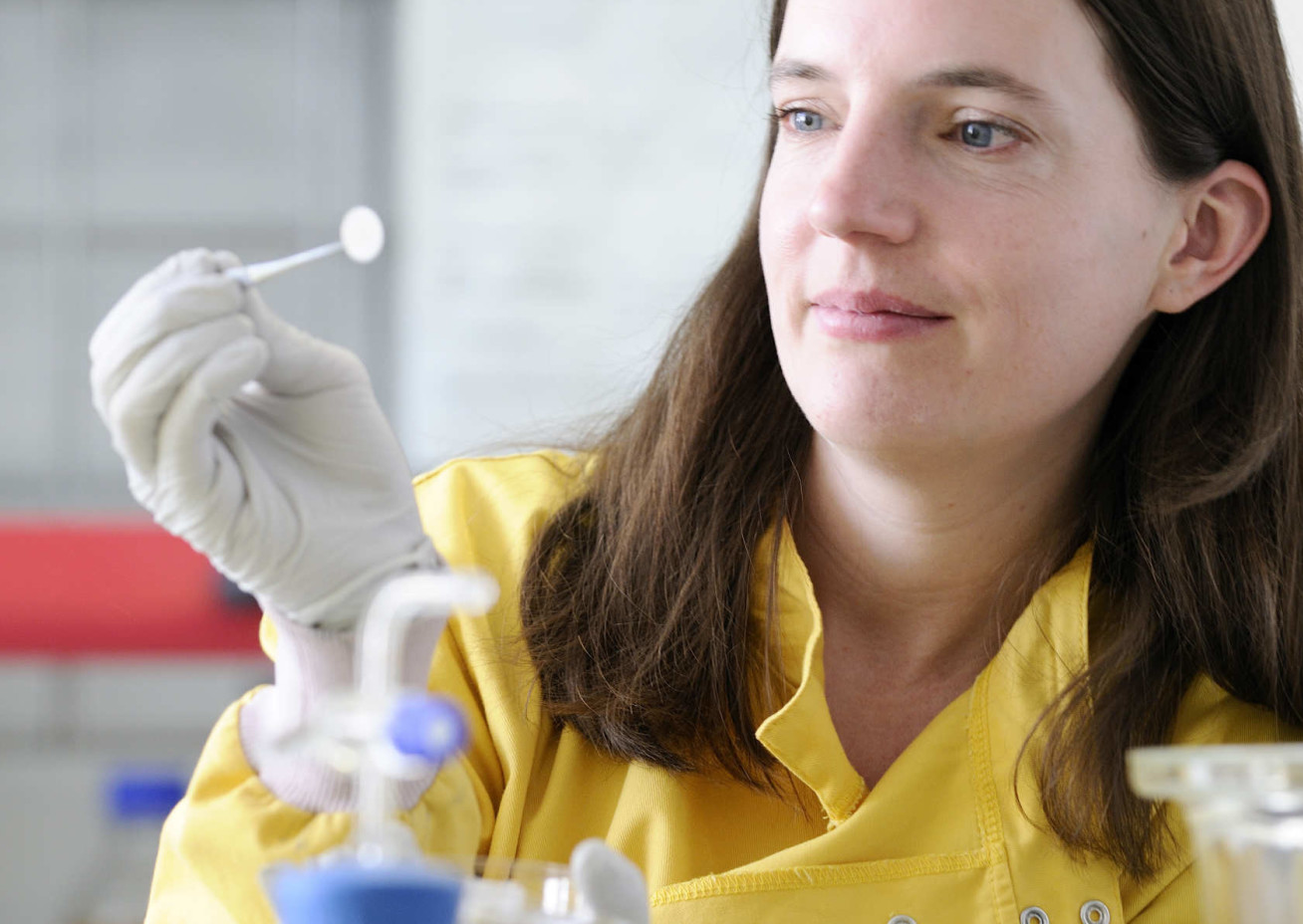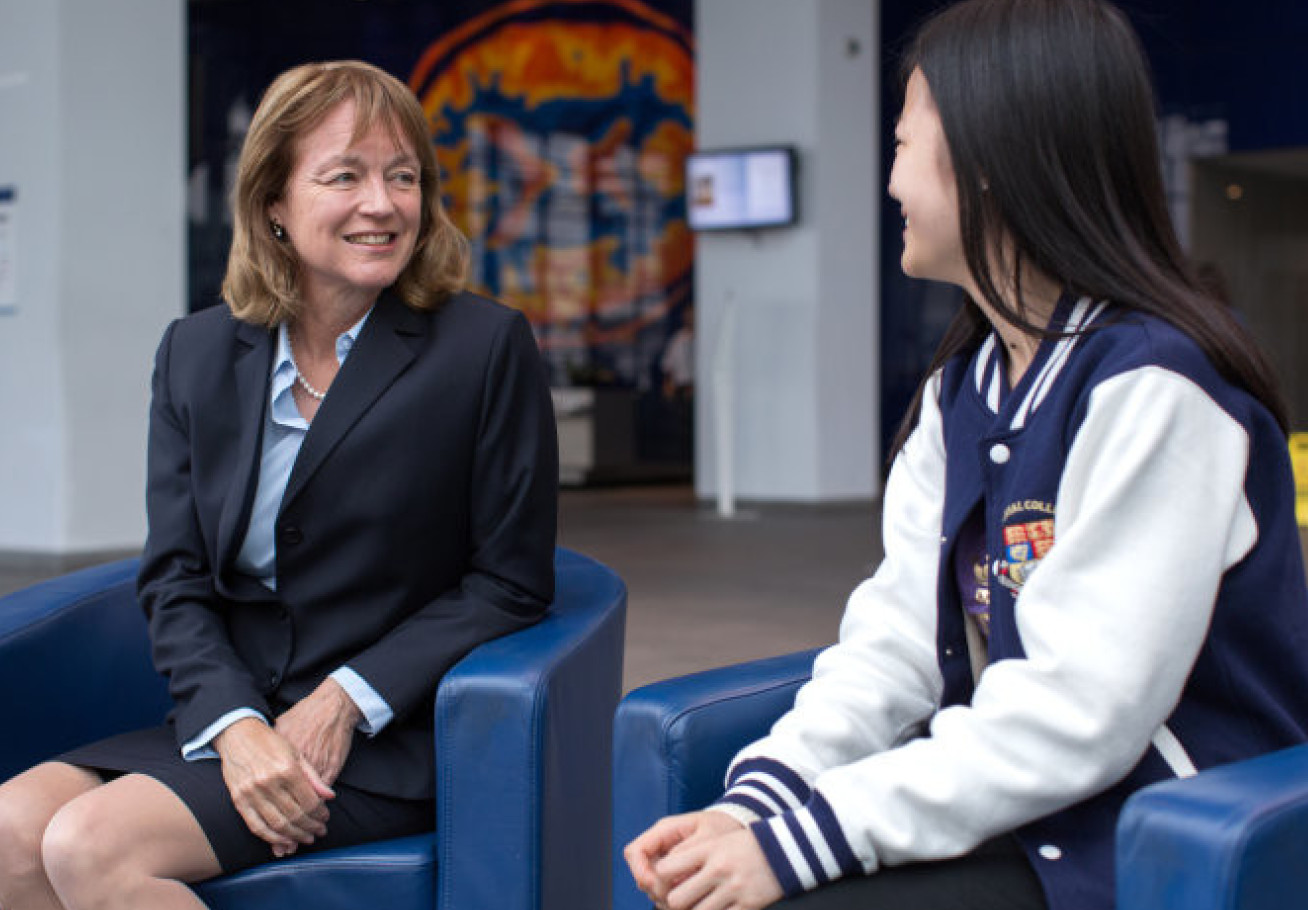
Imperial has a major partnership with the African Institute of Mathematics Sciences
Global S&T Development Trend Analysis Platform of Resources and Environment
| 'Foreign policy' should be central to university strategy - Alice Gast | |
| admin | |
| 2021-01-22 | |
| 发布年 | 2021 |
| 语种 | 英语 |
| 国家 | 英国 |
| 领域 | 资源环境 |
| 正文(英文) | 
Imperial has a major partnership with the African Institute of Mathematics Sciences 
Imperial’s President argues that universities can craft their own 'foreign policy' to strengthen, expand and focus international collaborations. "Scientists are natural diplomats. Collaboration and education are our strengths. Universities can and should make the most of this potential." Professor Alice Gast President of Imperial College London Writing in Science Diplomacy, President Alice Gast, said: “Universities can strengthen and expand international collaborations in research and teaching by developing their own foreign policy and making it an essential part of their overall strategy.” President Gast adds: "Science is inherently collaborative. We see the importance of sharing information, data, and expertise on COVID-19. We know that during the SARS epidemic in 2002, delays in sharing information cost lives." Networks: multinational collaborations
"Collaborative science creates networks that build upon relationships, reduce silos, and create opportunities to work together. These networks are strong because they are based on science and they can build bridges that transcend geopolitical differences," writes President Gast In the past decade, Imperial has collectively collaborated with peers in 192 countries and more than half (56%) of the institution's research papers have had international co-authors. 
For Imperial, European and global connections go hand in hand. Over 66 percent of Imperial's publications with a US coauthor also have a European coauthor. Imperial bioengineer Molly Stevens collaborates with scientists in the US and Sweden to develop cheaper, faster, and easier-to-use tests for diseases like cancer, malaria, heart failure, tuberculosis, and now COVID-19. Imperial has also created a European Partners Fund to initiate and pursue collaborations with colleagues in Germany, Italy, France, the Netherlands, Turkey and Greece. Capacity building: collaborating with new partners
President Gast writes: "We should place a special emphasis on building capacity in places that are up and coming and will be major contributors in the decades to come. "This includes a major partnership with the African Institute of Mathematics Sciences (AIMS) aimed explicitly at training the next generation of African scientists." The AIMS partnership with Imperial will enable new research collaborations to emerge between Imperial academics and leading African scientists, help train and develop the next generation of scientists in Africa, and support Imperial academics to spend time working at AIMS Centre. Reciprocity: sharing work and credit in joint projectsPresident Gast writes: "Two fundamental principles of diplomacy are mutual respect and reciprocity. In a university foreign policy, this means developing relationships where researchers and students visit each other’s campuses and share work and credit in joint projects. "The need to build networks, relationships, and capacity should be top of mind when we collaborate. "We need to avoid the temptation to be the outside experts who take most of the credit." |
| URL | 查看原文 |
| 来源平台 | Imperial College London |
| 文献类型 | 新闻 |
| 条目标识符 | http://119.78.100.173/C666/handle/2XK7JSWQ/312175 |
| 专题 | 资源环境科学 |
| 推荐引用方式 GB/T 7714 | admin. 'Foreign policy' should be central to university strategy - Alice Gast. 2021. |
| 条目包含的文件 | 条目无相关文件。 | |||||
| 个性服务 |
| 推荐该条目 |
| 保存到收藏夹 |
| 查看访问统计 |
| 导出为Endnote文件 |
| 谷歌学术 |
| 谷歌学术中相似的文章 |
| [admin]的文章 |
| 百度学术 |
| 百度学术中相似的文章 |
| [admin]的文章 |
| 必应学术 |
| 必应学术中相似的文章 |
| [admin]的文章 |
| 相关权益政策 |
| 暂无数据 |
| 收藏/分享 |
除非特别说明,本系统中所有内容都受版权保护,并保留所有权利。
修改评论